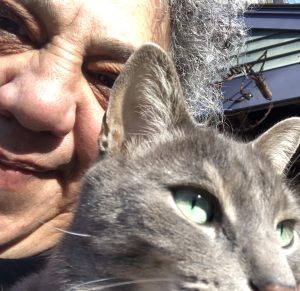Ashley Steineger’s Ebb/Flow was released on June 9th, 2021 from Blanket Sea Press. It was selected as part of our inaugural Awareness & Advocacy series. We asked Ashley some questions about her book, becoming a poet, her work as a crisis counselor, and mental health advocacy.
What inspired you to write Ebb/Flow?
Many of my poems center around themes of mental illness, nature, and the interaction of the two in my daily life. When I saw Blanket Sea Press’s call for submissions, for the Awareness and Advocacy series, I spent time arranging some poems into the microchapbook Ebb/Flow in hopes of capturing and sharing a glimpse of my life with the world. 90% of my ideas come to me when I’m walking in nature, and that’s what happened with Ebb/Flow. Sometimes I feel stifled creatively when I’m indoors, but once I start hiking around, the words seem to flow.
How long have you been a poet, and what drew you to writing poetry?
In fourth grade I wrote a poem about my emotions, and I’ve been writing about them ever since. A few years ago, I decided to get my MFA because I really wanted to learn more about poetry and felt stuck on my own. I can’t remember ever not having poetry. I tend to jump from one thing (hobbies, activities, tasks, ideas) to the next thing really quickly because I’m very prone to boredom, but poetry remains. Poetry, and exploring nature, are the only two things that have always stuck with me. I don’t know what I would do without them.
You utilize a variety of formatting techniques throughout this book. They give each poem a unique feel and appearance. Do you have a process for deciding how a particular poem will be formatted? Do you think formatting can contribute to the impact or meaning of the poem?
I love experimenting with different forms. The poem “Random Holidays with Medication Side Effects” is a sestina with one of the end words being ‘buspar.’ That was so fun to write. There are a few prose poems in there too. I usually start with one phrase or sentence, and then see what happens. Often times, I’ll write an entire poem in one form, then change it to another form just to see if something different comes out of it. My mood definitely plays a role when it comes to formatting, as does the content of the poem. When I’m feeling anxious, sometimes having a prescribed form, like a sestina or pantoum, helps me feel more like I’m in control of things. If I’m having a great day, I may choose to write in long, sweeping lines with no restraints. It really all depends, and that’s the joy of poetry…there are no rules, unless you need/want there to be.
Has your work as a crisis counselor informed your writing? If so, how?
I used to run a private psychotherapy practice where I would see clients on a daily basis. When that became too much to manage with my own challenges, I retired early and started working part-time as a crisis counselor at a Suicide Prevention hotline. I’m working on a series of poems now based on calls that have really affected me. So, yes, I do find that being in the field informs my writing. But more importantly, I find poetry itself to be extremely healing. When I was in private practice, I would use poetry as a therapy tool. And I do that now with myself. There is a whole branch of psychology called Poetry Therapy with researched methods on using poetry as a therapeutic strategy. I highly recommend checking it out.
Blanket Sea is donating 10% of the press’s first share of proceeds from your book to an advocacy organization. You chose NoStigmas to be that organization. What do you appreciate about their mission and the work they do?
NoStigmas is an organization I came across while looking for volunteer opportunities during the pandemic. Their mission is to make sure no one faces mental health challenges alone. They work to eliminate the stigmas surrounding mental health and to support the creation of peer support mental health communities. They believe, as I believe, that we are all in this together. I am really impressed by how much they do to spread awareness.
Why is mental illness and disability advocacy meaningful to you?
I’m really happy to see how far we’ve come as a society since I was young, though we have a long way to go. I come from a very loving and supportive family, and my journey has still been incredibly difficult. I can’t imagine what it’s like for people without support. Advocacy is personally meaningful because I know what it’s like to be discriminated against because of my mental illness, and I’ve seen how others suffer as well. As a crisis counselor, I often hear people tell me they wish their families or society were more aware, more accepting of them. Spreading awareness, and cultivating a society of acceptance and support, is vital for so many beautiful people.
What do you wish that people understood better when it comes to mental illness? Where could there be improvements in awareness, medical treatment, etc.?
I feel like I could write a novel about this topic, so I’ll try not to ramble. I have the unique perspective of being a mental health care provider and consumer of mental health services, so I am highly aware of our need for improvement. Accessibility and affordability are where we have a huge problem. It shouldn’t just be the wealthy or insured who can afford mental health treatment (or any treatment for that matter). We need more quality psychiatric facilities or treatment options that are affordable for all. We need to make mental health care treatment accessible to underserved communities.
Further, we all need to talk about it. I don’t know anyone who doesn’t either have a mental illness or know someone who does. I want to feel comfortable telling people “I feel depressed,” the same as I would say “I have a headache.” It is getting better, and I know some of the stigma is self-imposed, but I’d like to see more change. And that change is going to come through awareness and advocacy efforts.
Who are some of your favorite poets and authors?
There are so many! Ada Limon, Marie Howe, Sharon Olds, Cynthia Zarin, Matthew Olzmann, Rumi, Anne Carson, Shira Erlichman…really, I could go on and on. My favorite poets are the ones who make my heart stop for a beat, with their stunning language or hauntingly beautiful imagery. As new poets emerge, my list changes. Or rather, I add to my list. It’s quite long! If you have never heard Cynthia Zarin read her poem ‘April’, you are missing out. I could listen to that poem on repeat and never tire of it.
Tell us more about who you are. Hobbies, interests, fun facts? What would you like readers to know about you?
I’m just your average highly sensitive person trying to navigate a world that is equal parts beautiful and overwhelming. Children and dogs are not part of my life plan because I value my sleep too much. I recently started to get gray hair, which I love. I adore cats. I’m a typical introvert who really longs to be included but feels relief when plans get cancelled. Poetry is like an old friend to me…sometimes we don’t talk for a long time, but when we do, we always pick right back up where we left off.
What are you hoping that readers will take away from your work?
I hope readers will see the struggle and the hope. More importantly, I want readers to find the courage to write about their own struggles and victories. If my book can help one person write one poem, then it will all be worth it.
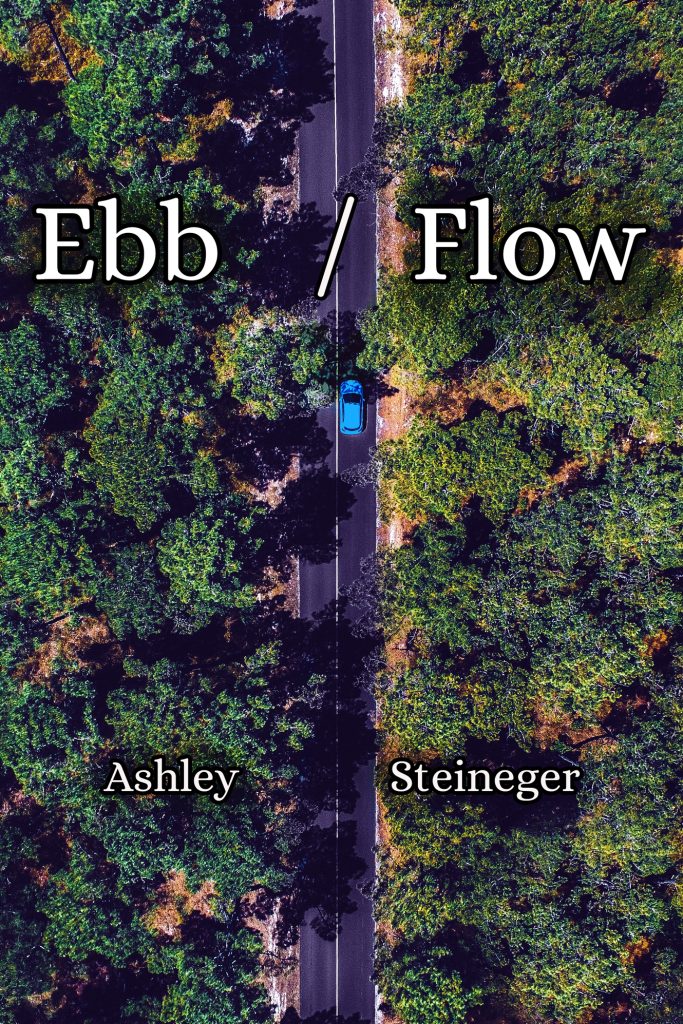
Find out more about Ebb/Flow and download your copy here. You can set your own price or get it for free. A portion of proceeds goes to NoStigmas, a mental health advocacy organization.
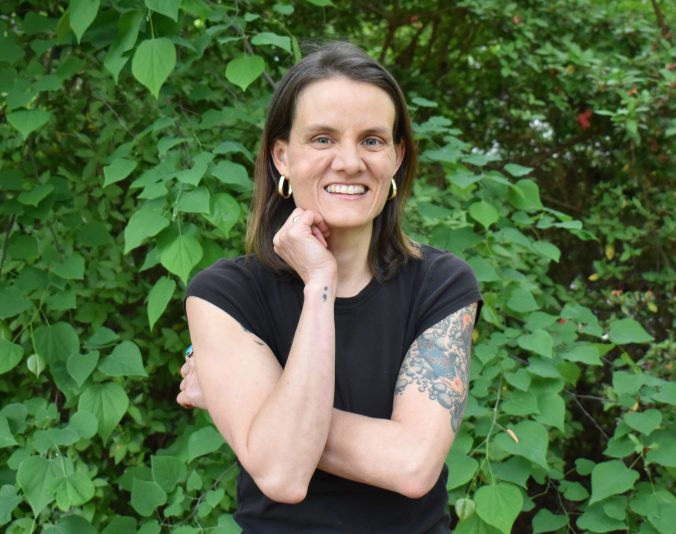
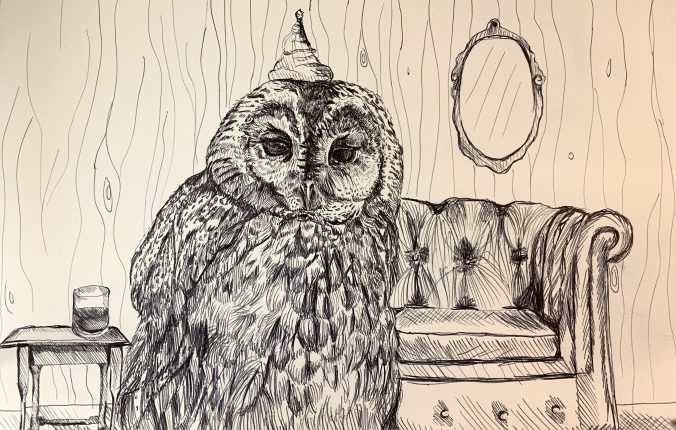


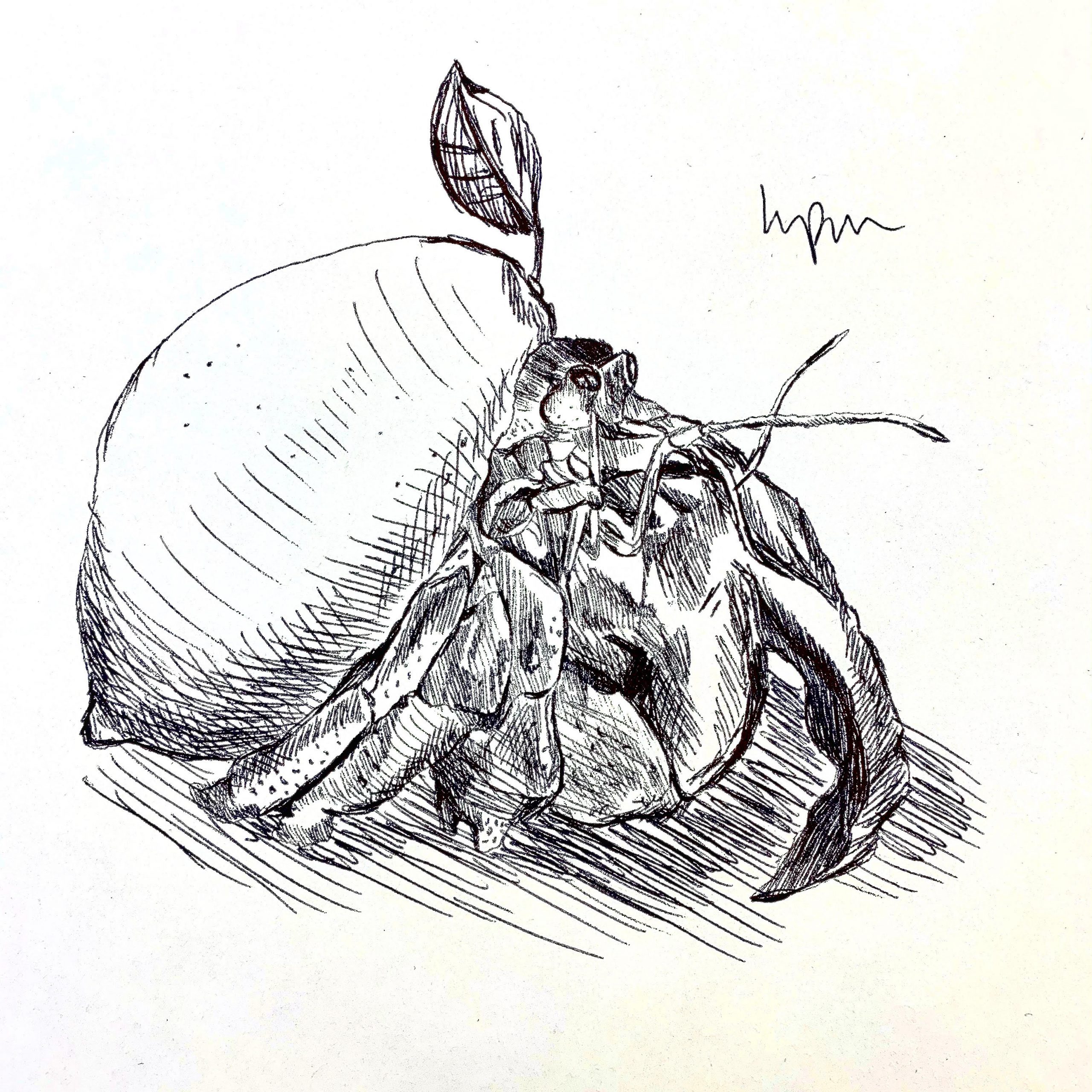

 Lupin Vivian is a Guernsey (Channel Islands) born and bred artist. She was diagnosed with autism aged fifteen and has struggled with mental ill health since before her diagnosis. She currently resides in a little house by the sea with her fiancé and three house rabbits. Follow her on
Lupin Vivian is a Guernsey (Channel Islands) born and bred artist. She was diagnosed with autism aged fifteen and has struggled with mental ill health since before her diagnosis. She currently resides in a little house by the sea with her fiancé and three house rabbits. Follow her on 
